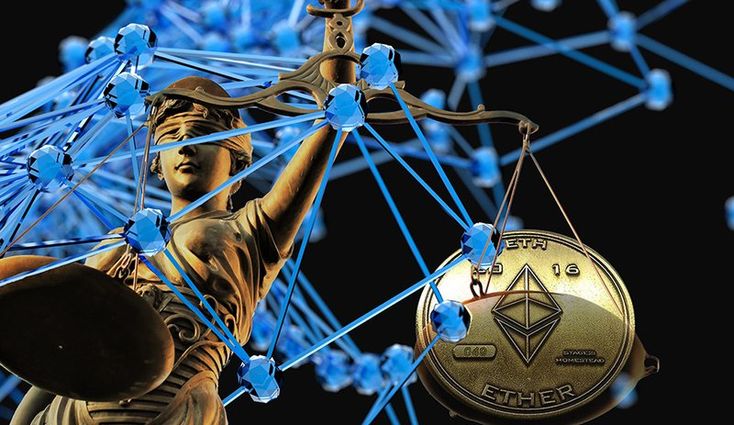Various legal viewpoints are highlighted in this part, which serves as an introduction to the handbook. It stresses how important it is to comprehend other points of view while dealing with complicated legal matters and how multidimensional law is.
- The Realm of Law Outside of the Classroom:
Here we explore the realist view of law, which holds that economic, social, and political elements have a significant impact on the law as a whole, rather than just legislation. It delves into the ways in which legal realists fight conventional legal formalism and promote a law that is more relevant to specific situations.
Third, a System of Rules and Reasoning in the Law:
In this part, we will discuss legal formalism, which holds that the law is best understood as an intelligible system of rules and principles. It delves into the ways in which legal formalists stress the significance of reliable and consistent legal decisions.
- Analyzing Power Structures in Critical Legal Studies:
Here we take a look at critical legal studies from the vantage point that the law may be a weapon of oppression and power. Scholars in this school of thought examine legal systems for prejudice, inequality, and the ways in which the law upholds social hierarchies; this is the topic of discussion.
Feminist Legal Theory: Fighting for Equal Rights for Women:
This section explores the viewpoint that the law significantly influences gender norms, with a focus on feminist legal theory. Using legal research and activism, it delves into the ways feminist legal experts aim to tackle gender-based violence, discrimination, and inequality.
- Examining Legal Matters from an Economic Perspective:
This section delves into the viewpoint that economic concepts may be used to evaluate legal problems, addressing the intersection of law and economics. Efficiency, incentives, & market-oriented techniques are the pillars around which academics in this area build their evaluations of judicial judgments and procedures. - The Role of Law in Critical Race Theory: Tracing Racial Dynamics
This section delves into critical race theory, which posits that racial dynamics and race are intrinsic to the legal system. It delves into the ways that thinkers from this school of thought examine how racial factors have shaped societal norms, judicial systems, and personal narratives. - The Theory of Natural Law: A Search for Overarching Principles:
This section explores the idea that all fair legal systems rest on a foundation of inherent, universal principles, with a focus on natural law theory. Examines the ways in which academics of natural law stress the interdependence of law, ethics, and human nature. - A Positivist View: Faith in Law and Its Governing Bodies:
In this part, we will discuss legal positivism, the view that the law has its authority from established sources and mandates. It delves into the positivist tenet that the norms of law and institutional frameworks are the most important factors in establishing the legitimacy of laws. - Legal Events in Context: A Sociological Perspective on Law and Society
In this part, we’ll look at the relationship between the law and social dynamics from both the legal and social points of view. It delves into the ways academics in this area study how laws affect social norms, institution functioning, and behavior.

- Delving into Cultural Legal Studies: How Law Is An Expression of Culture:
This section explores the viewpoint that law is a way for culture to express and reflect, with an emphasis on cultural legal studies. It delves into the ways that academics in this area of law study the ways in which cultural narratives, symbols, and values impact legal standards and practices. - Taking a Global View: International Law and Addressing Global Issues
Discussing global views and international law, this section delves into the idea that legal matters transcend national borders. Issues of collaboration, transnational problems, and the function of international institutions are examined through the lenses of international law specialists. - Researching Different Legal Systems Around the World: Comparative Law
This section delves into comparative law from the vantage of that legal studies benefits from an appreciation of diverse legal systems. It delves into the ways in which comparative law researchers look for patterns of similarity and variation in order to learn something new and make the legal system better. - Environmental Jurisprudence: Finding a Middle Ground Between Legal Precedents and Environmental Protection:
This section explores the viewpoint that legal systems should take ecological principles into account, with a focus on environmental jurisprudence. Scholars in this area analyze how sustainability, policy, and law interact with one another. - Summarizing: Embracing Different Perspectives in Legal Thought:
This section concludes by stressing the value of varied legal viewpoints in both academic and professional settings. To better grasp the intricacies of the legal system, it promotes people to investigate, value, and interact with many perspectives.
